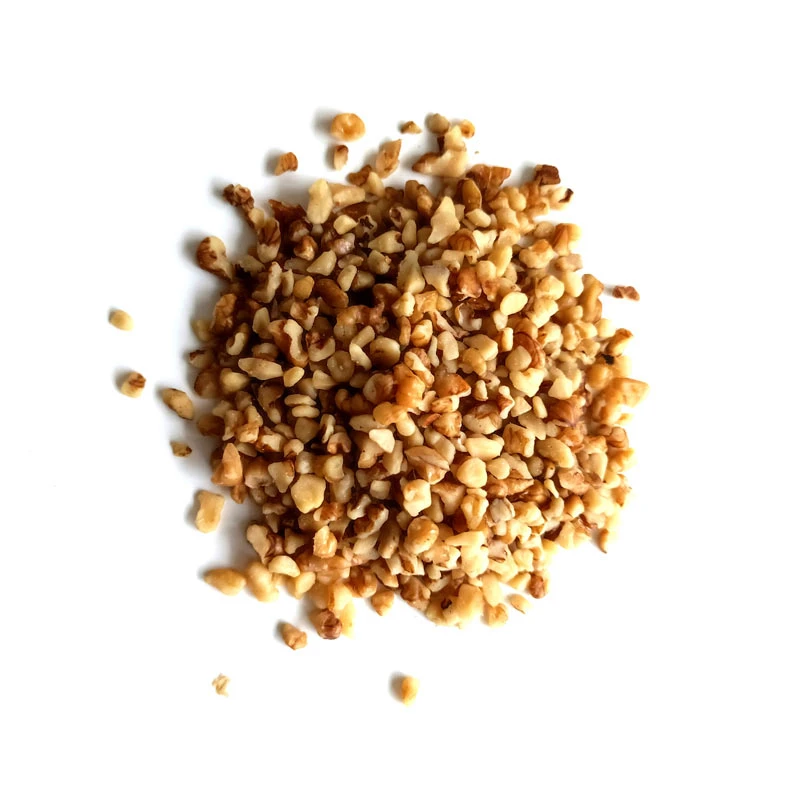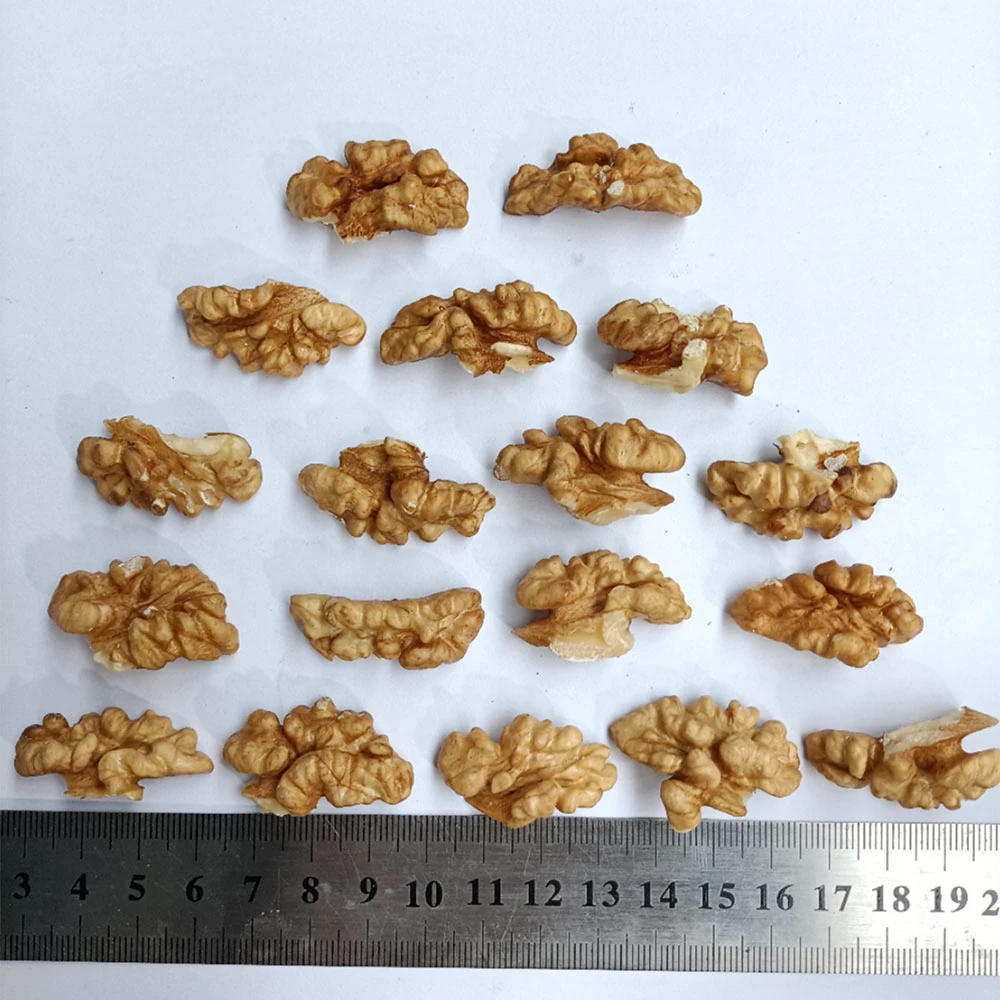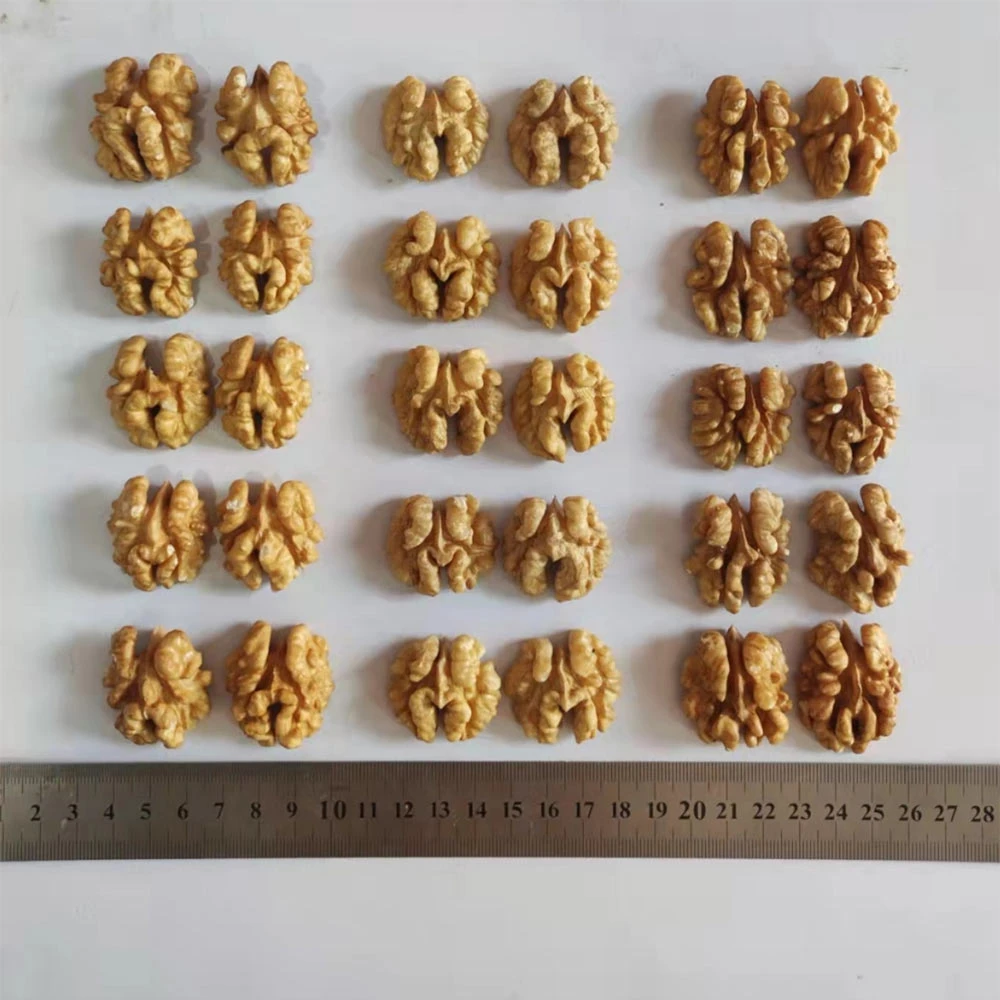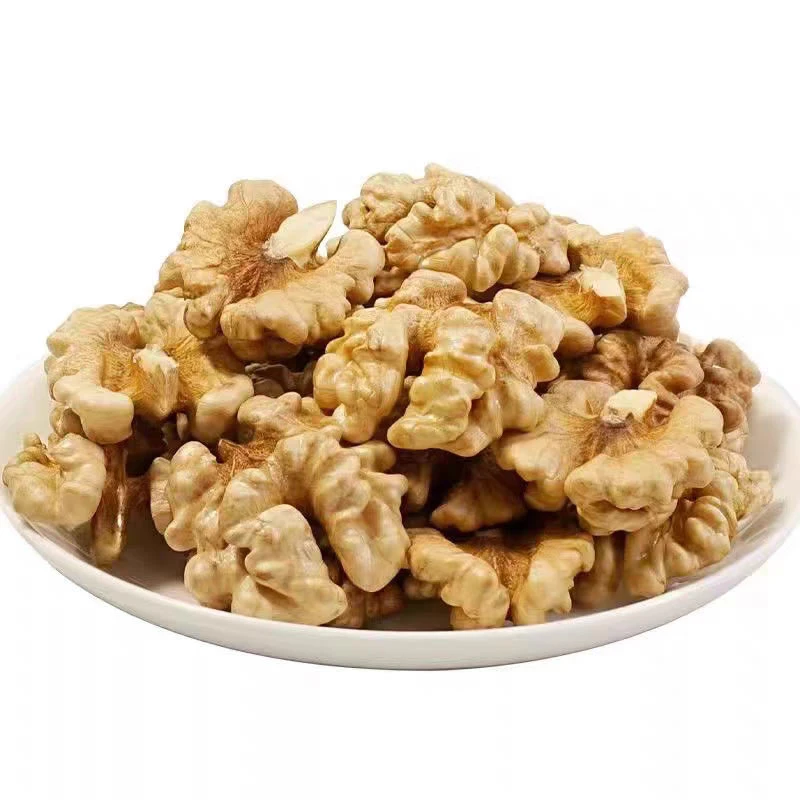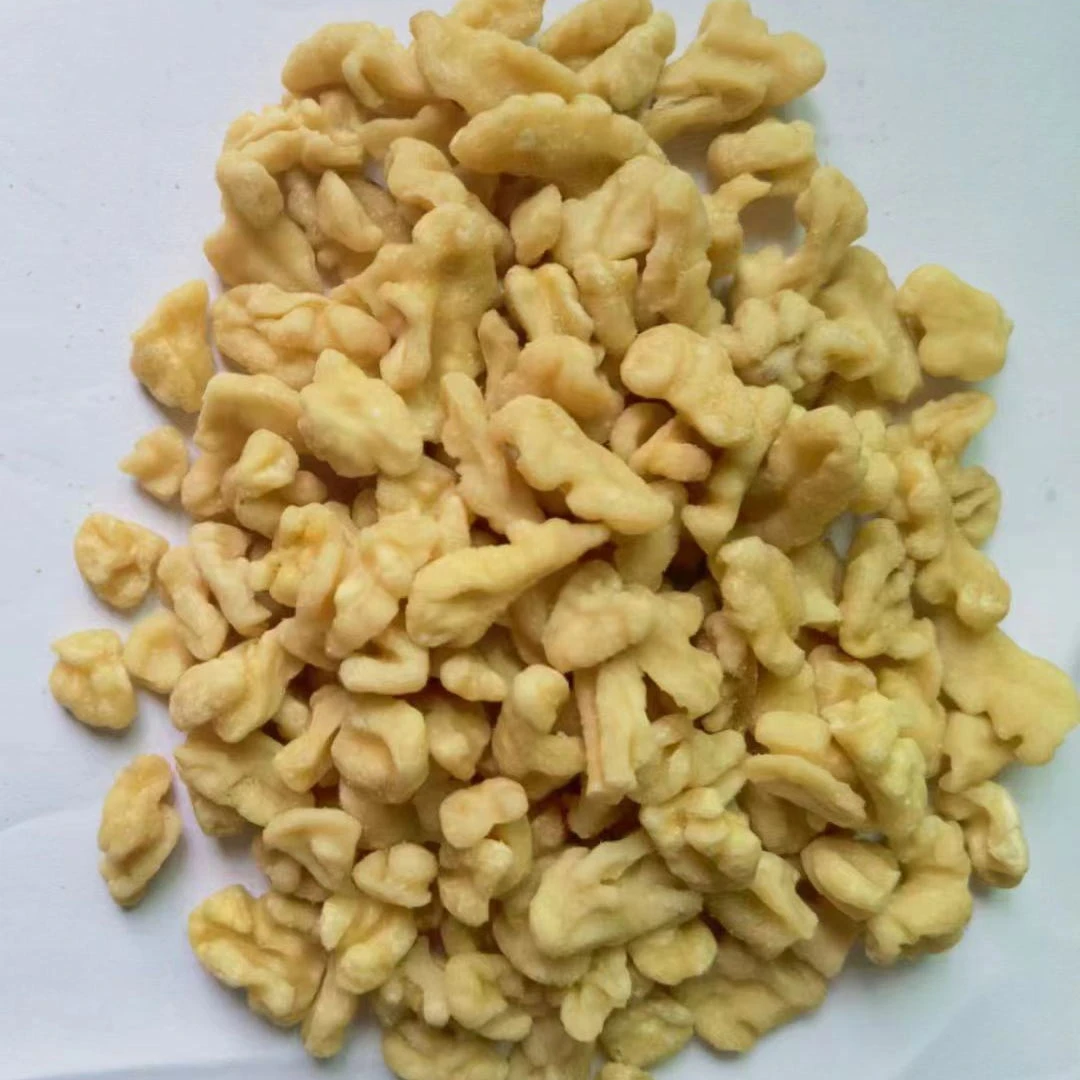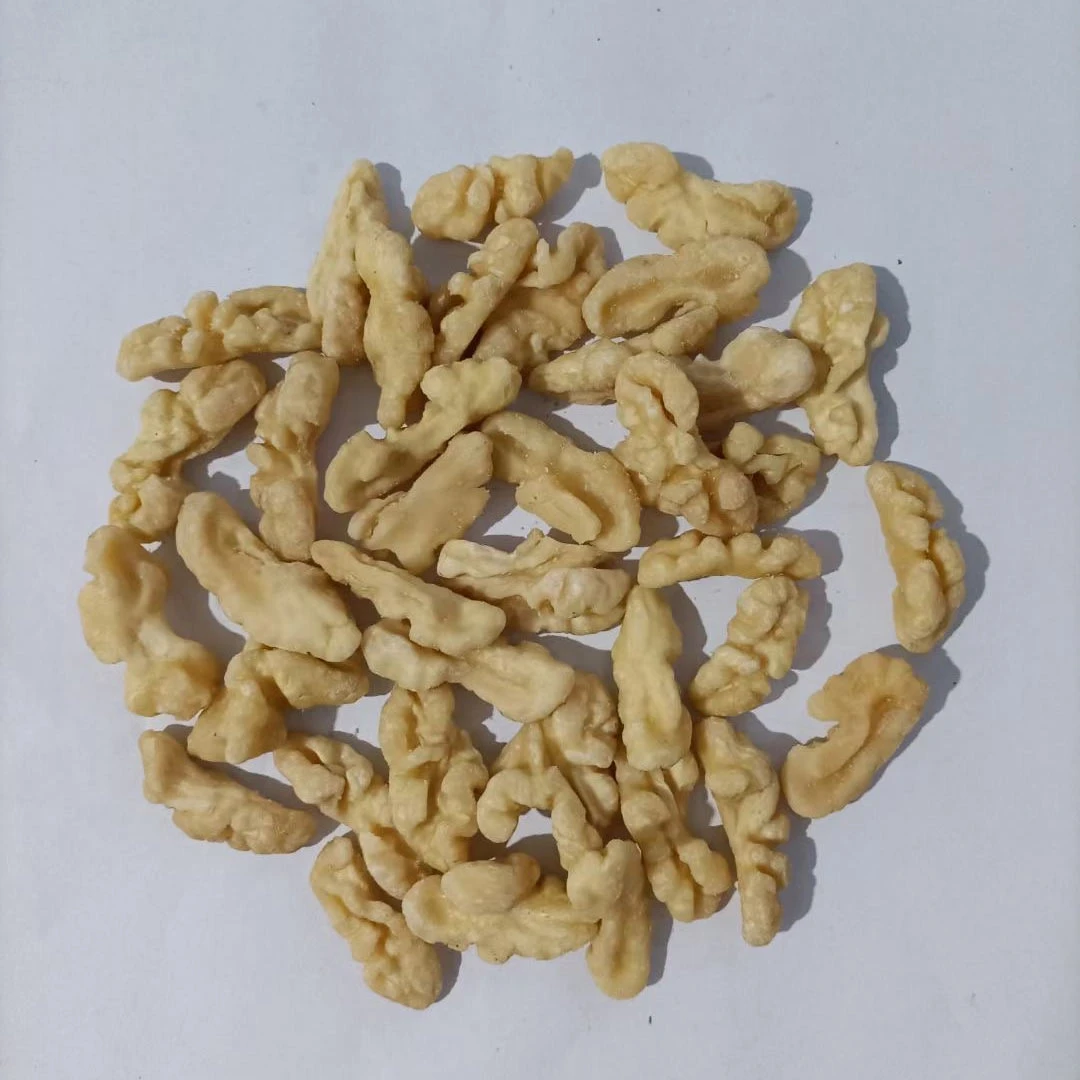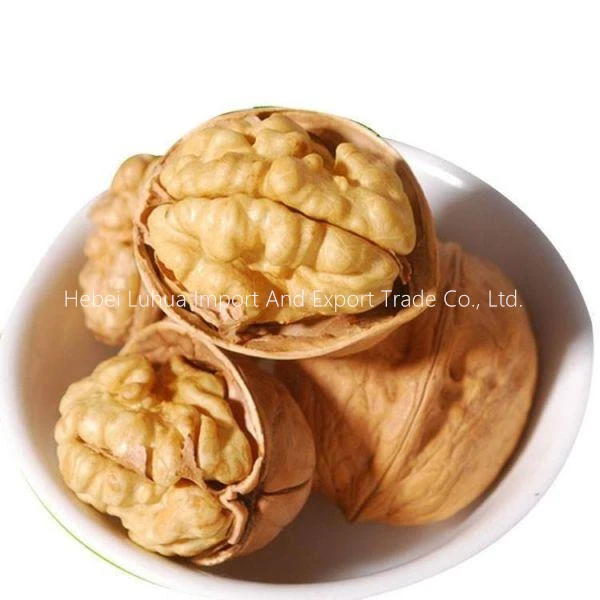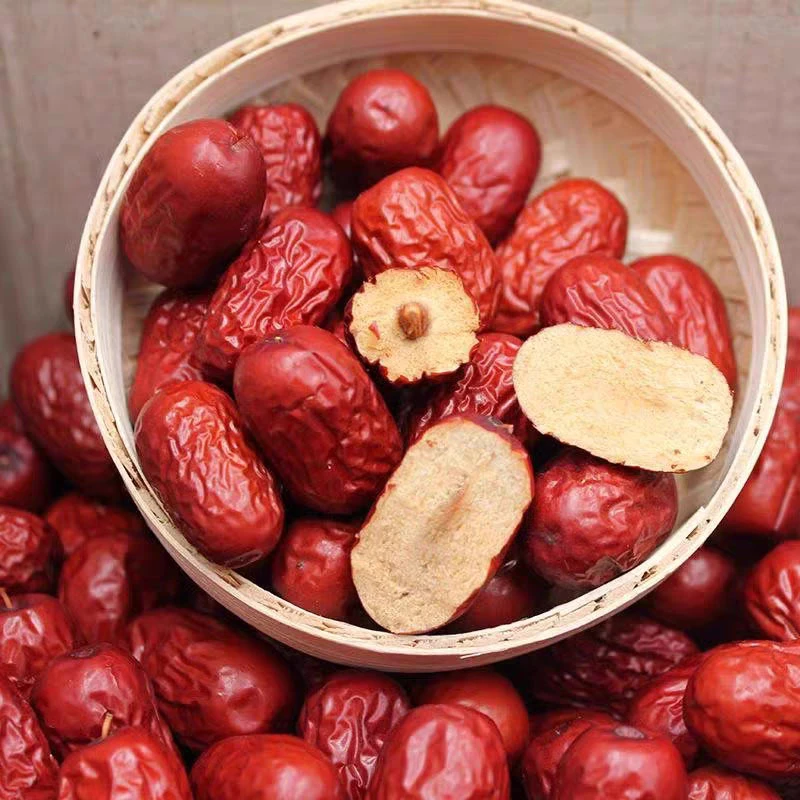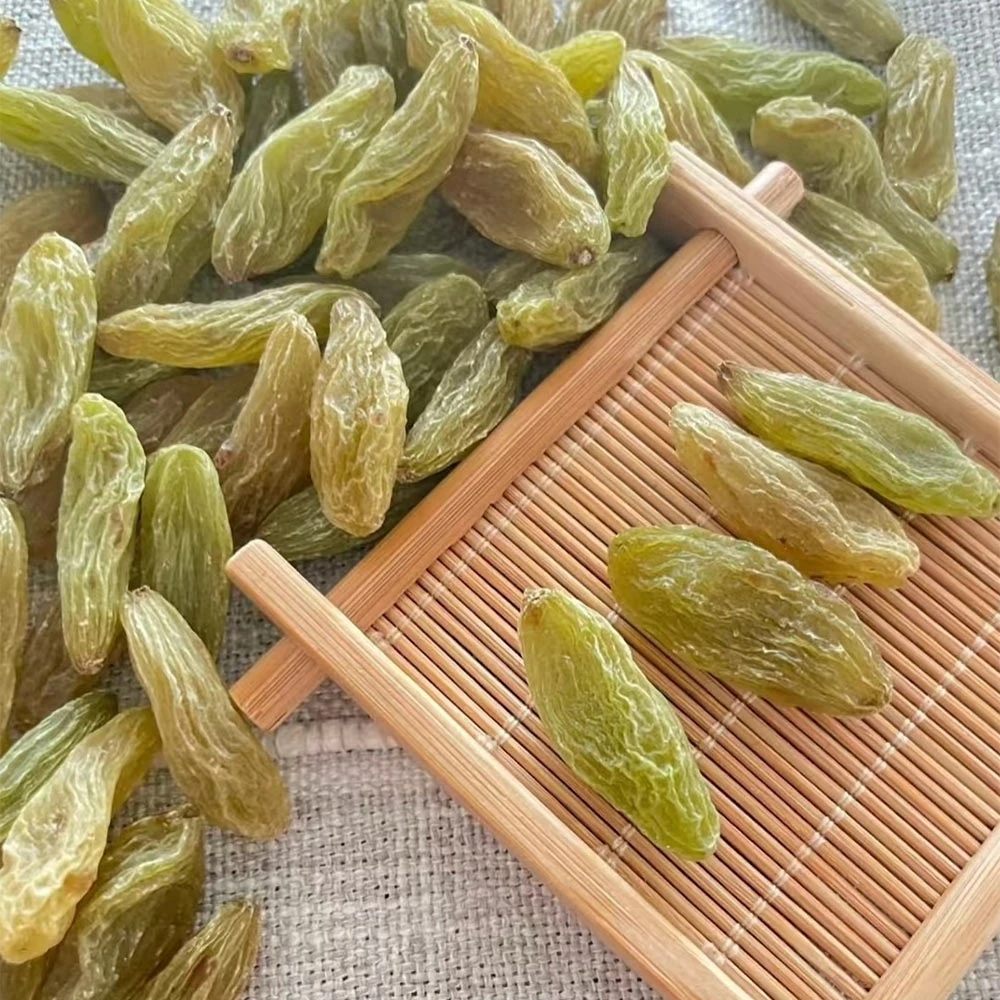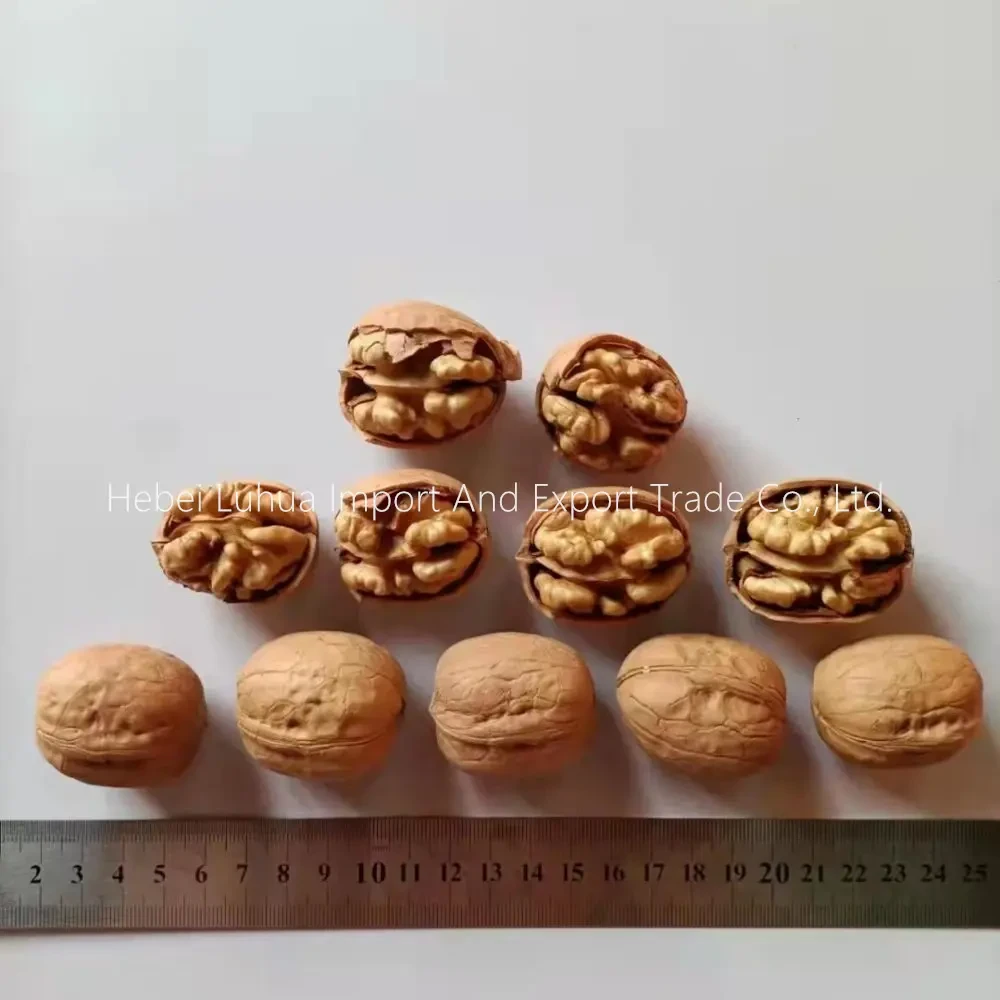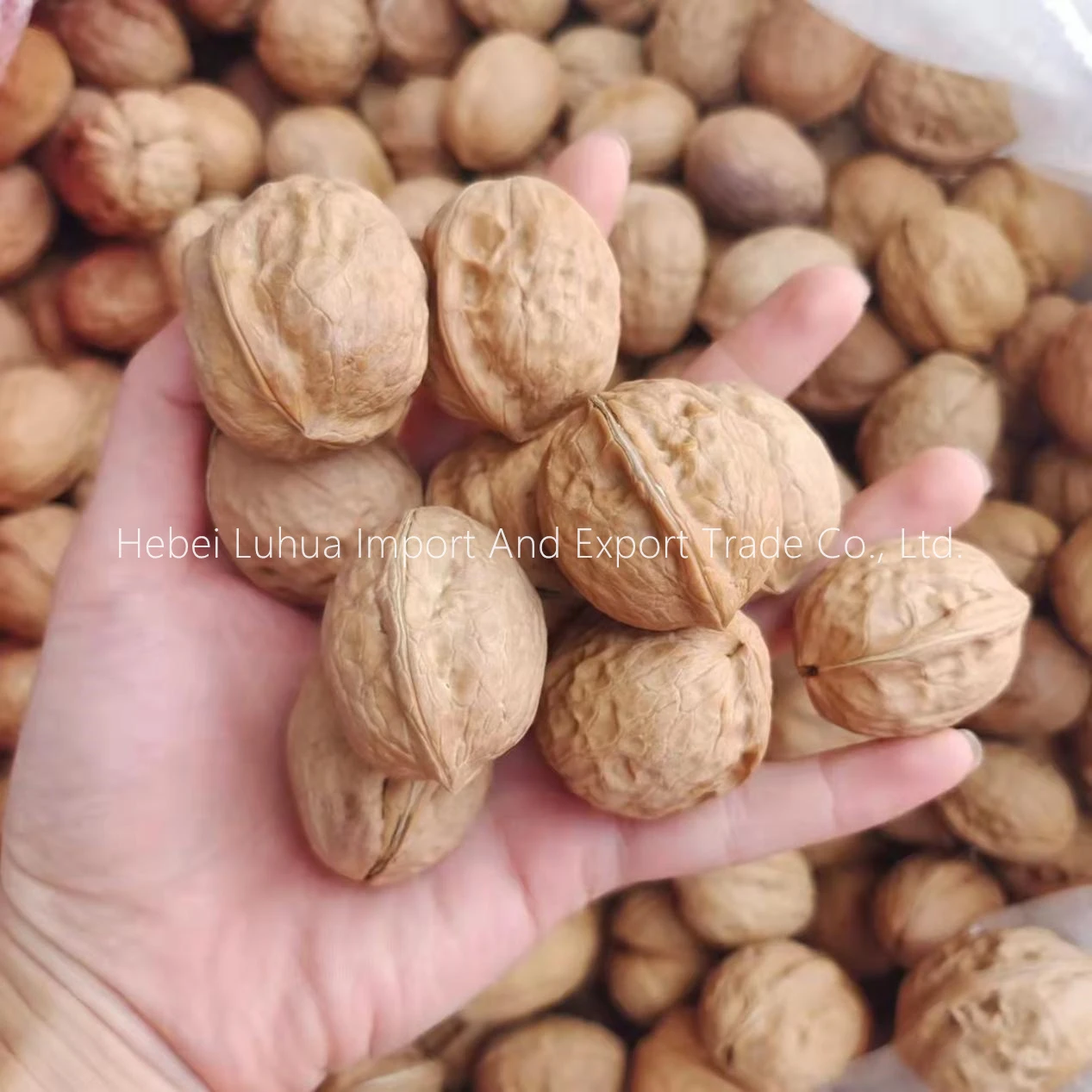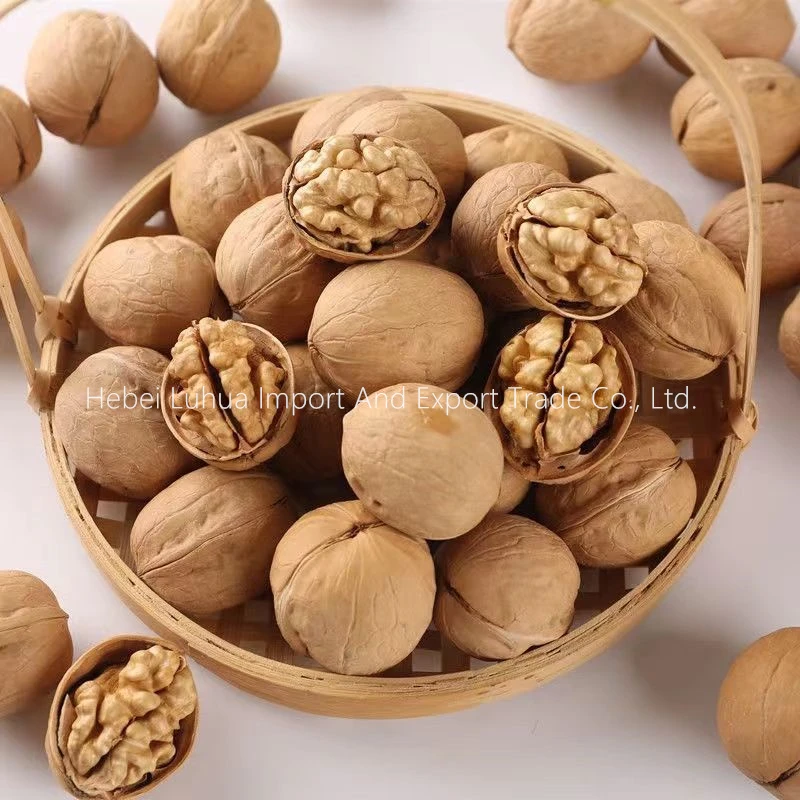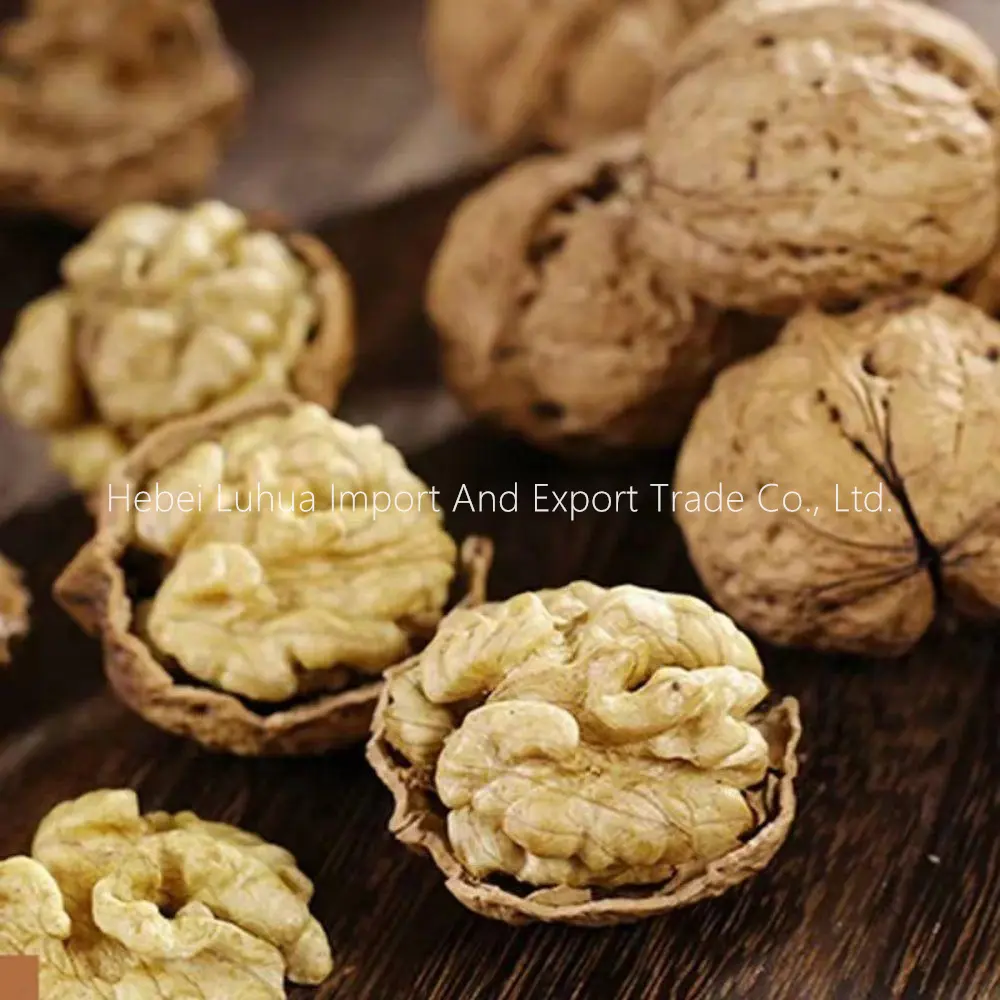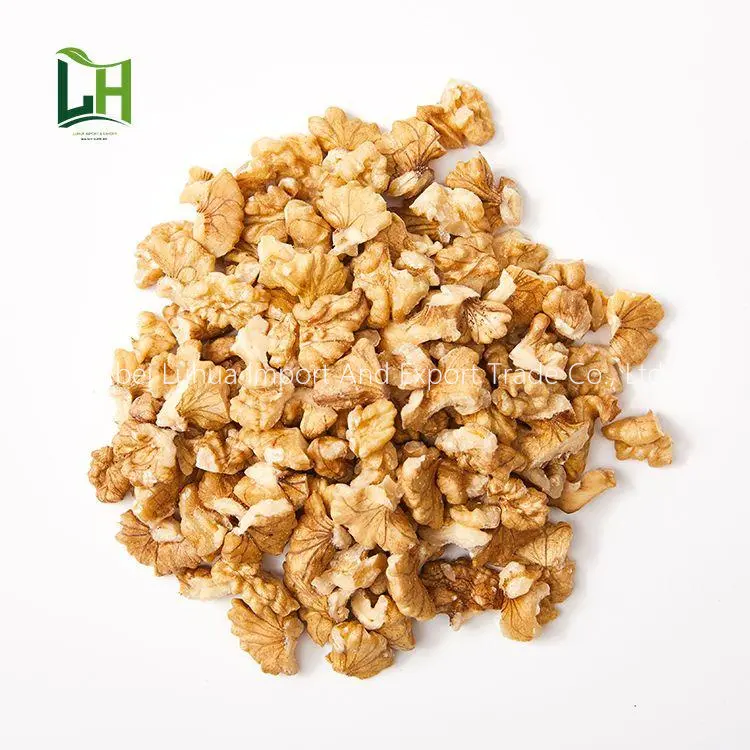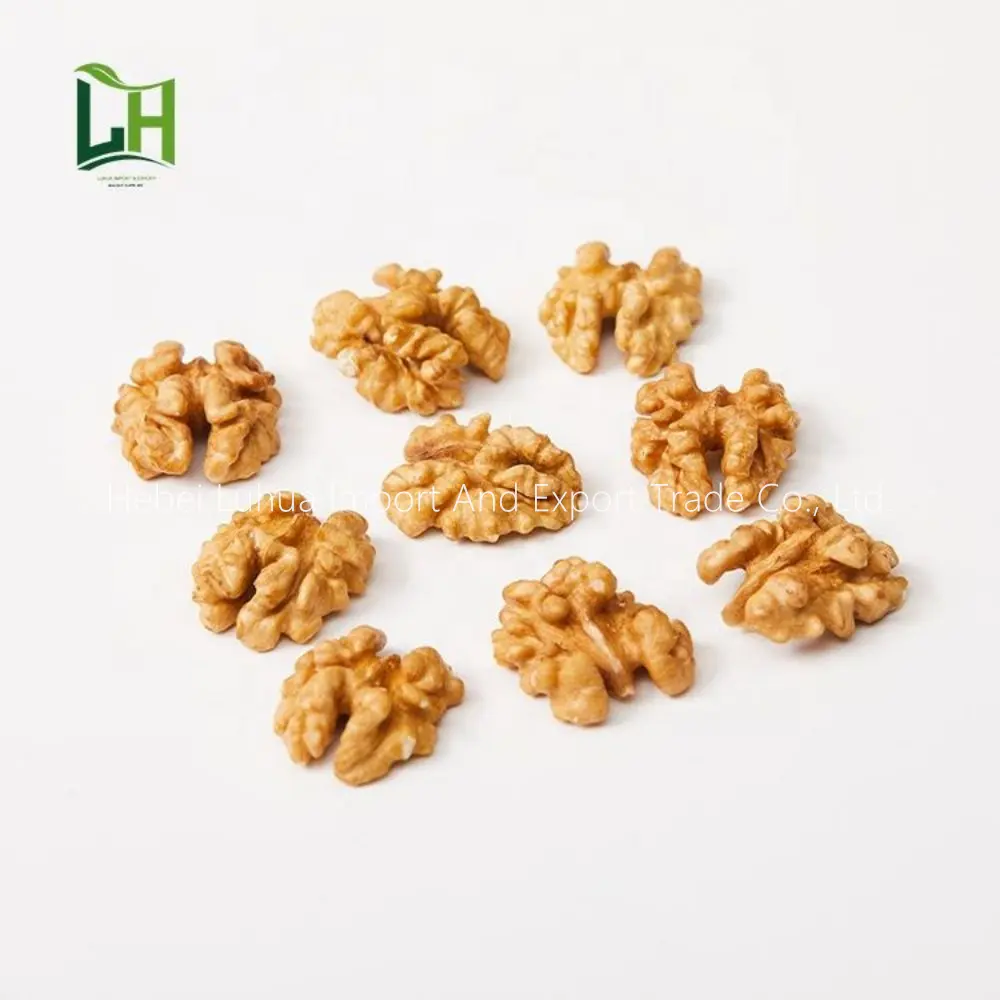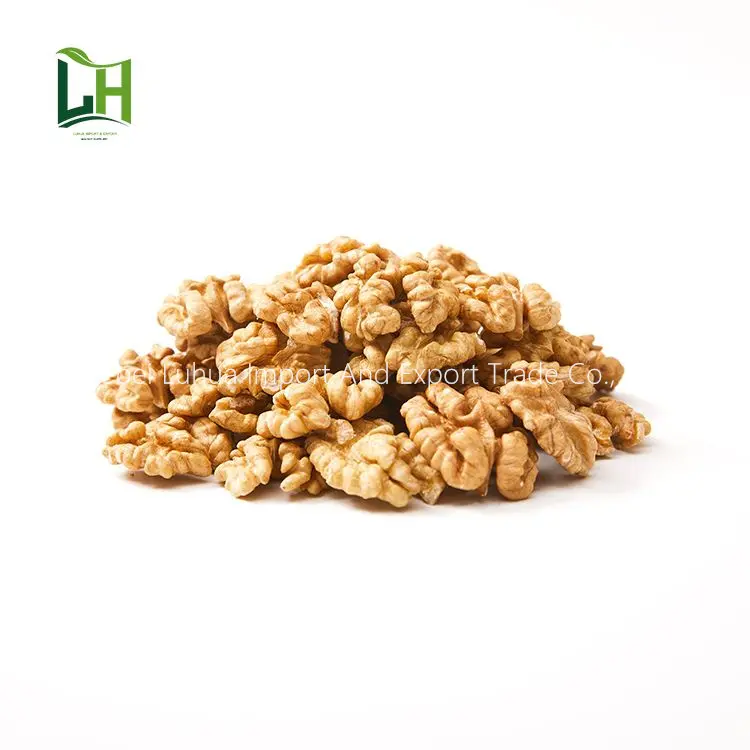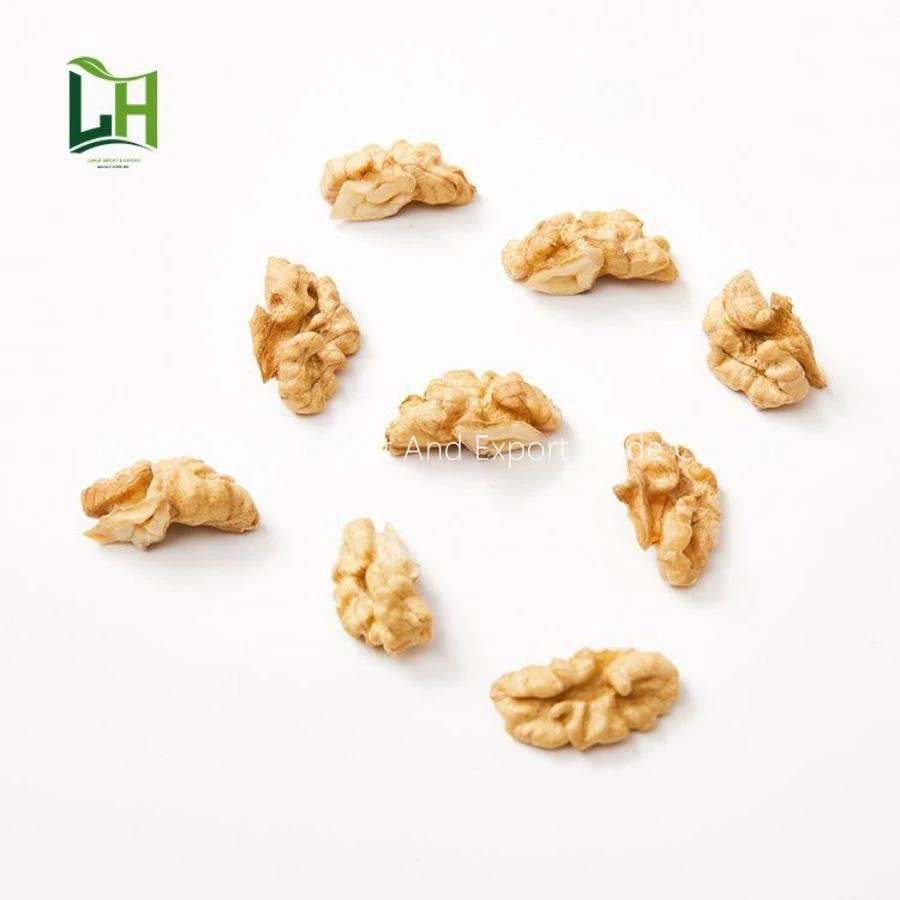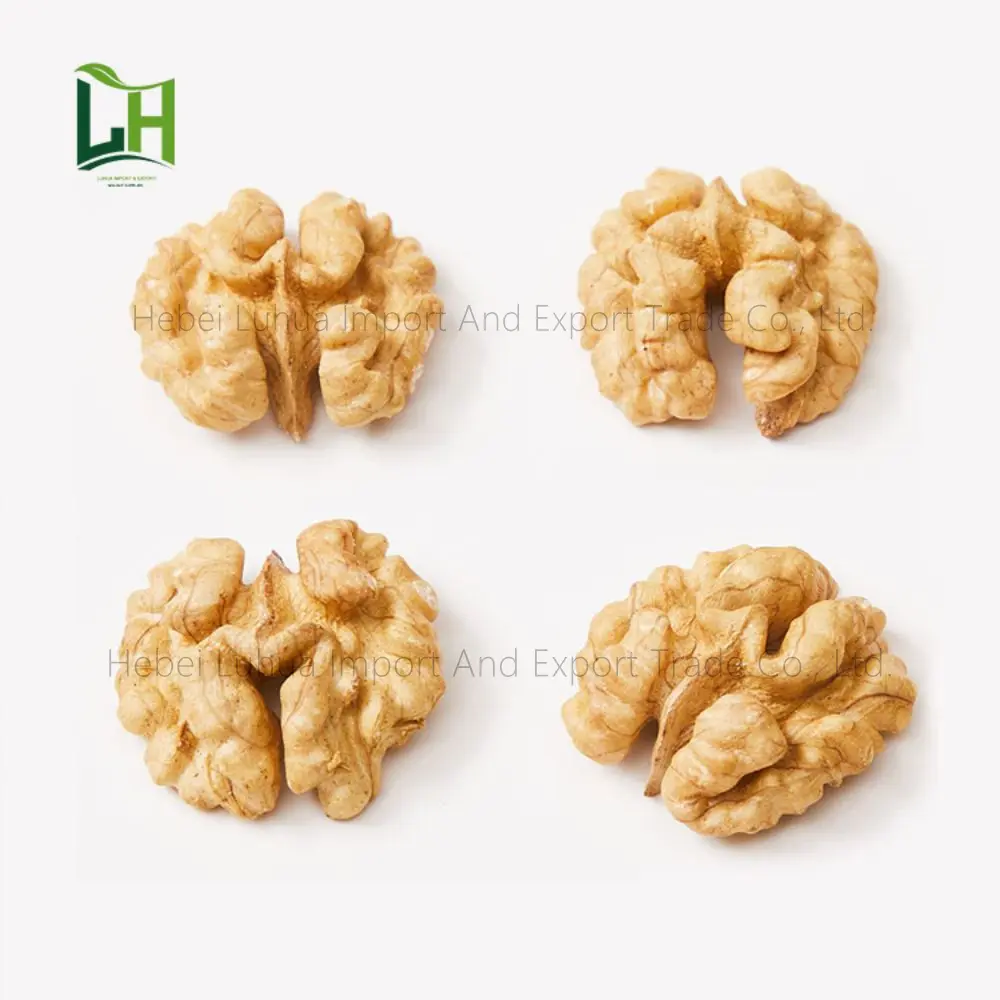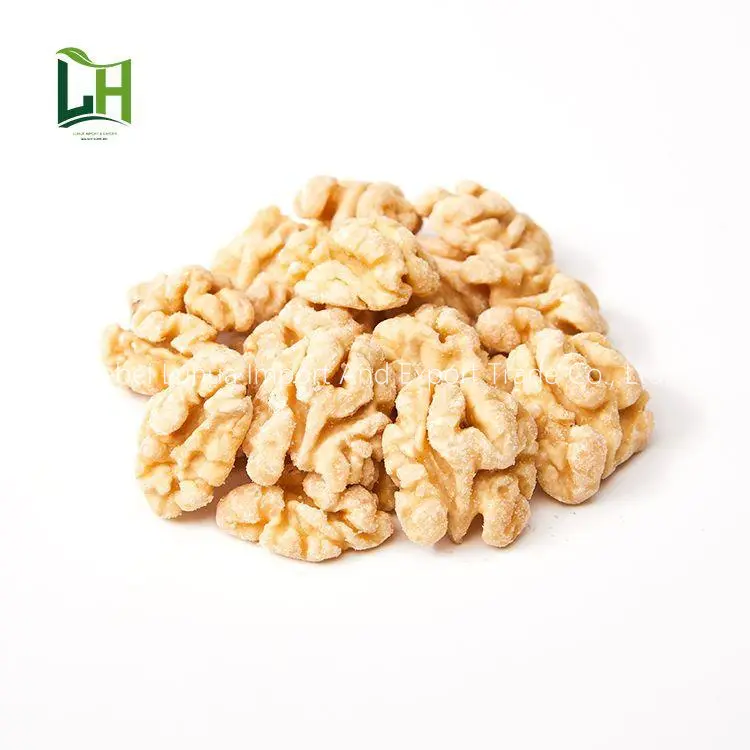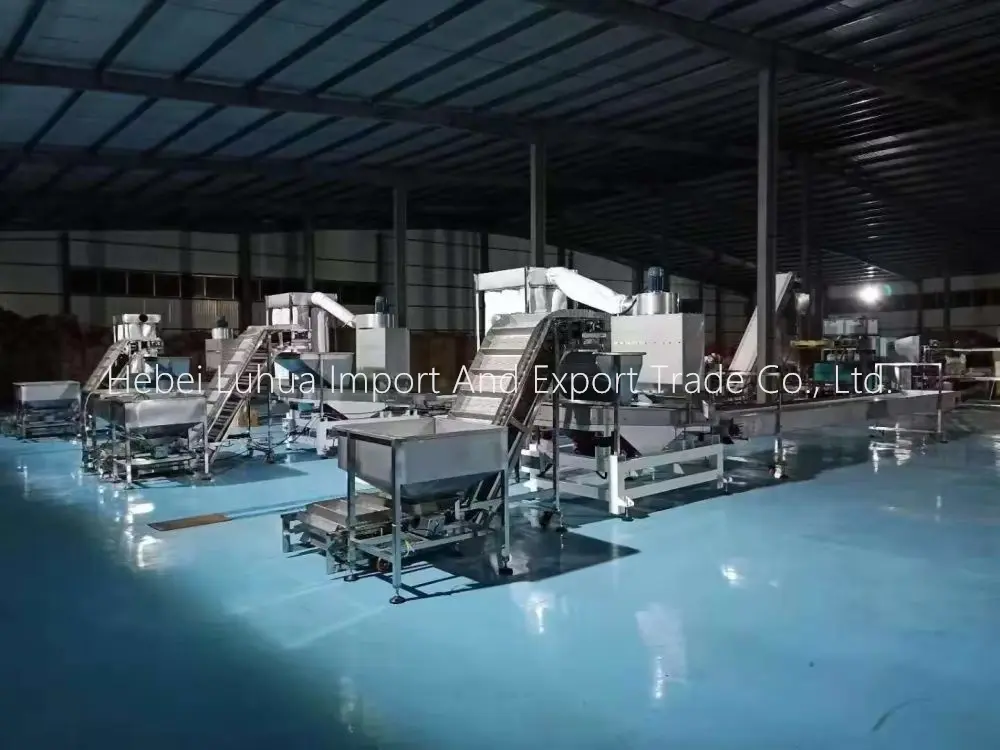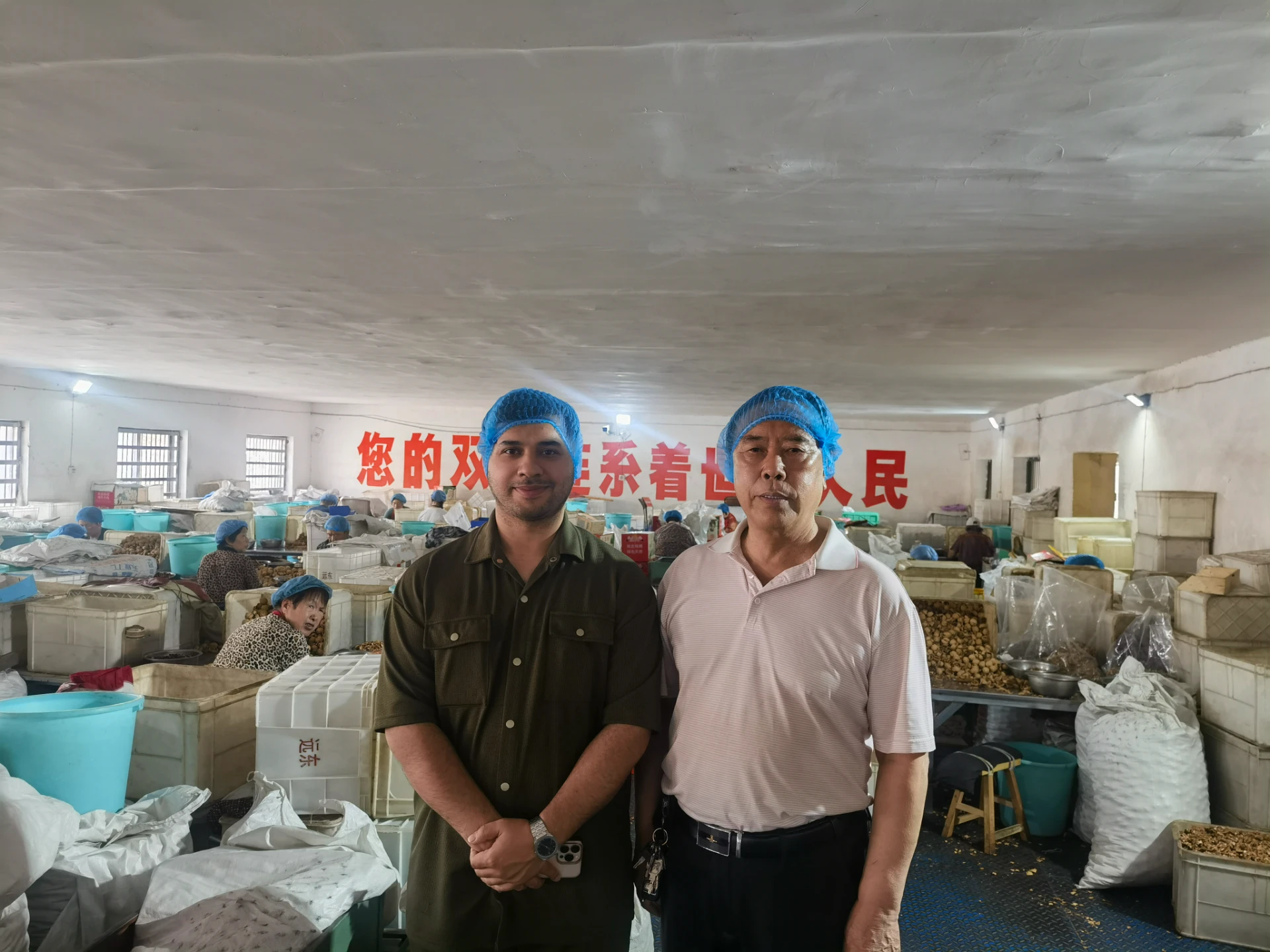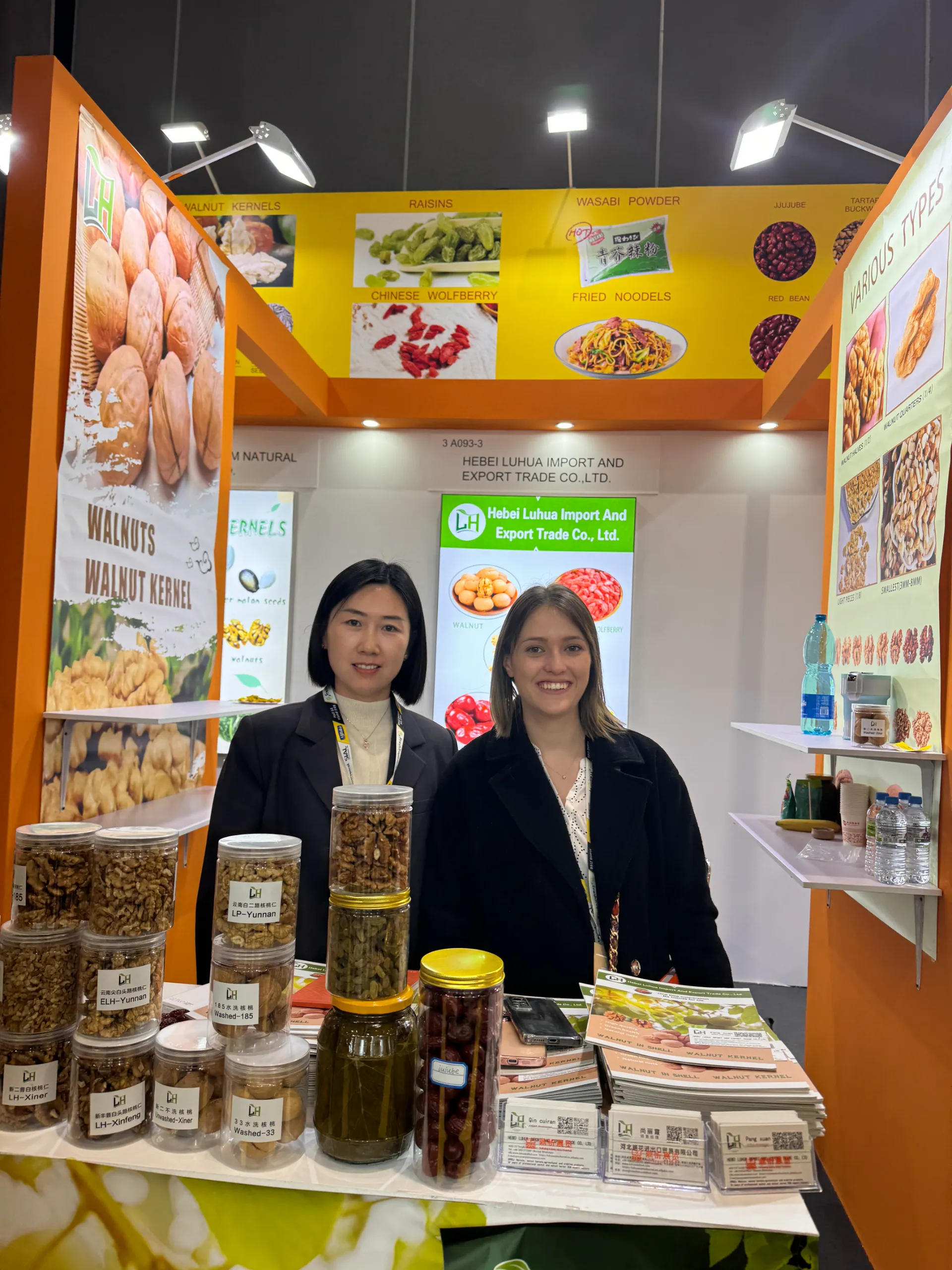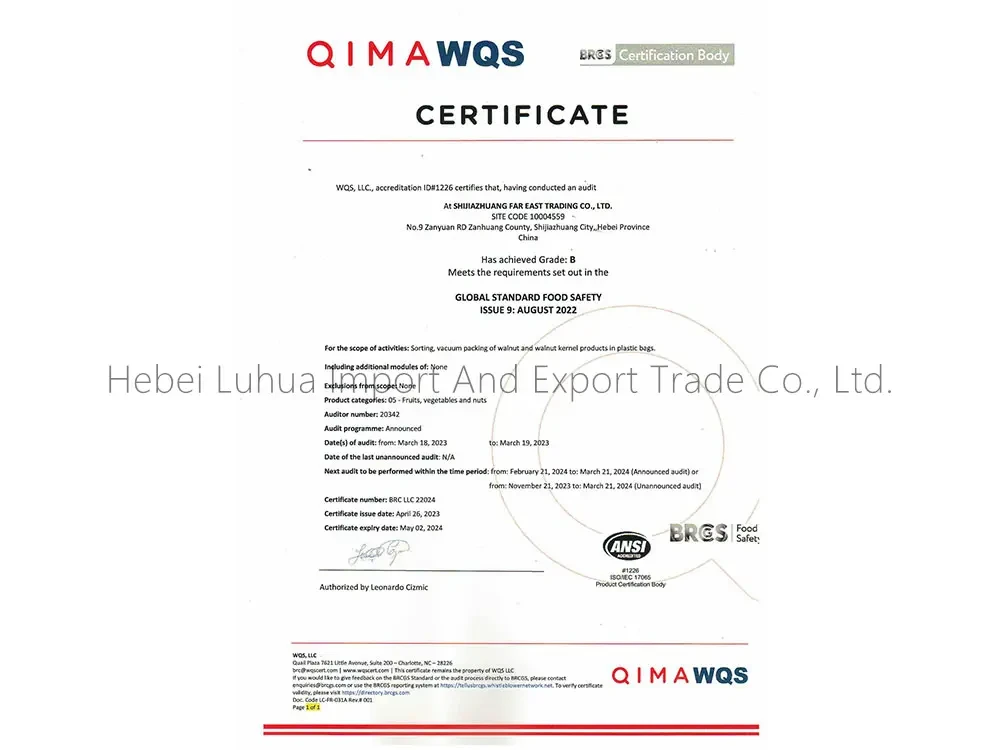- Introduction: Analysis and Market Overview of Walnut Whole 1kg Price
- Breakdown of Pricing Elements for Whole Walnuts
- Technical Advantages and Quality Metrics of Whole Walnut Shells
- Manufacturer Comparison: Production Scale, Pricing, and Quality
- Customized Solutions for Bulk Walnut Purchases
- Real-world Case Studies: Commercial Applications and ROI
- Conclusion: Strategic Insights on Walnut Whole 1kg Price Trends
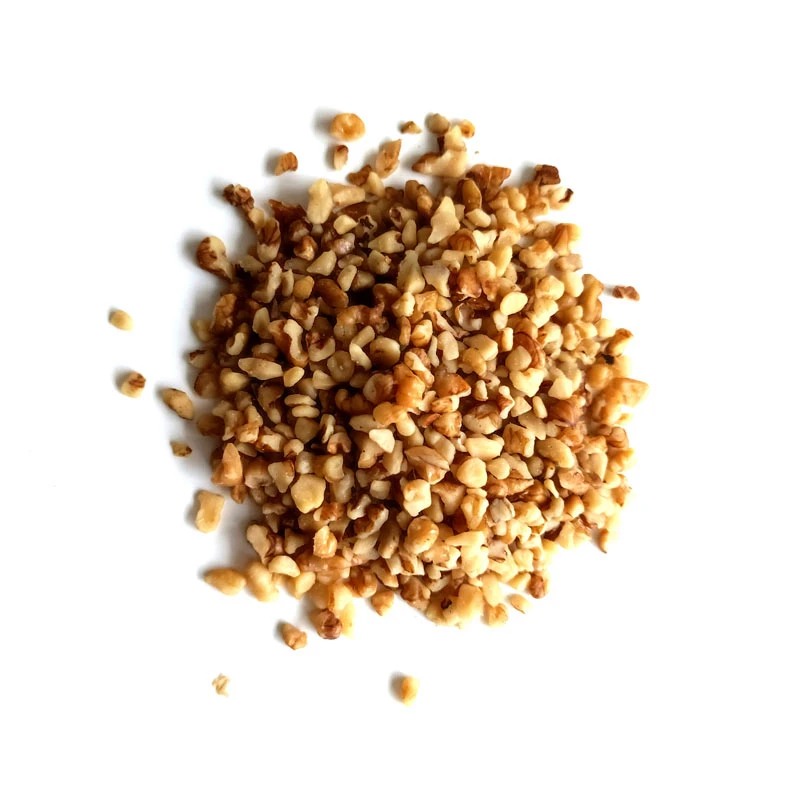
(walnut whole 1kg price)
Introduction to Walnut Whole 1kg Price: Analysis and Market Overview
Understanding the walnut whole 1kg price
is vital for both consumers and businesses, given the escalating global demand for nutrient-rich tree nuts. The last decade has seen walnut consumption rising steadily — the global walnut market was valued at USD 7.1 billion in 2023, with projected growth rate of 4.8% CAGR until 2030. The premium attached to whole walnuts, especially those with intact shells and superior grading, is influenced by a spectrum of factors including harvest yield, export trends, labor costs, climatic impacts, and trade policies. Consumers seeking whole walnuts often weigh the cost-benefit of purchasing in 1kg packages compared to bulk or processed alternatives. This segment delves into the underlying market forces and their direct influence on retail and wholesale pricing, providing clarity for buyers looking to optimize value.
Component Breakdown of Whole Walnut Price
When evaluating the whole walnut price for 1kg packaging, multiple cost components converge to create the final market rate. Among major contributors, raw walnut procurement constitutes approximately 60-70% of the total value, with shelling/grading operations adding another 15%. Packaging and logistical expenses account for nearly 10%, leaving distribution and retailer margins to fill the remainder. Agricultural regions such as California, China, and Iran dominate walnut production, each impacting global price volatility differently. Climatic events, such as droughts or unseasonal frosts, have historically triggered price surges — for instance, the severe California drought in 2022 lifted prices by 18% year-on-year. Conversely, bumper crops exert downward pressure, evidenced by China's 2023 harvest boosting local supply and moderating global prices.
Technical Advantages and Assessing Quality of Whole Walnut Shells
The integrity and density of whole walnut shells are crucial metrics dictating product value and usability in both culinary and industrial applications. Premium whole walnuts are graded based on shell thickness, crack resistance, kernel/shell ratio, and absence of contaminants. Recent advanced sorting technologies—such as near-infrared spectroscopy and laser color sorters—have revolutionized quality assessment, consistently producing lots with less than 2% foreign material. These technical upgrades mean higher yields of intact kernels, reducing waste and enhancing consumer satisfaction. Additionally, leading producers now implement ozone sterilization and vacuum packaging, offering product freshness that extends shelf life by 4-6 months compared to conventional storage. Buyers focused on food processing or direct retail benefit immensely from sourcing high-spec whole walnuts with substantiated technical traceability.
Manufacturer Comparison: Production Scale, Pricing, and Quality
The global walnut industry features key manufacturers that differ not only in scale and output but also in pricing strategies and quality assurance. Below is a comparative data table summarizing leading walnut suppliers:
| Manufacturer | Annual Output (Metric Tons) | 1kg Average Price (USD) | Shell Integrity (% Intact) | Certifications |
|---|---|---|---|---|
| California Gold Farms | 40,000 | 5.35 | 97 | USDA Organic, FDA |
| Zhejiang Nut Foods | 32,000 | 4.90 | 95 | ISO 22000, BRC |
| Anatolian Harvest | 18,000 | 5.70 | 98 | Halal, SGS |
| Iranian Green Orchards | 23,000 | 5.05 | 92 | ISO 9001, HACCP |
From the table, buyers can discern that technical certifications, output volume, and walnut whole 1kg price are tightly interlinked. North American suppliers typically command a small premium owing to organic credentials and consistent shell quality, while Chinese and Middle Eastern origins provide cost-competitive alternatives suited for high-volume industrial processing.
Customized Solutions for Bulk Walnut Supply
Diverse user requirements necessitate tailored purchasing models, particularly when large quantities or specific grades of whole walnuts are needed. Bulk buyers—such as food manufacturers, health food distributors, or ingredient suppliers—often negotiate customized contracts including exclusive shell integrity benchmarks, on-demand sizing, and anti-contaminant guarantees. Warehousing strategies utilizing controlled-atmosphere storage (CAS) have become standard among premium suppliers, allowing buyers to schedule phased deliveries over up to 12 months without quality degradation. Flexible private labeling, eco-friendly packaging, and traceability down to farm of origin now underpin many corporate walnut supply programs. Strategic buyers leverage these customizations to outperform competitors on product shelf life, branding, and consumer trust. Ultimately, engaging directly with preferred manufacturers enables pricing optimization and advanced assurance protocols, particularly when purchasing quantities above 2 metric tons.
Application Case Studies: Commercial Success and Real-World ROI
Examination of commercial walnut applications reveals substantial benefits for industries able to source cost-efficient, high-quality whole walnuts. For instance, a European confectionery chain shifted all sourcing to California Gold Farms, utilizing 1kg vacuum packs with >95% shell integrity. This move reduced the shell waste by 34%, generating annual savings of over USD 45,000 and reducing product recalls tied to kernel contamination rates. Another major Asian snack producer, partnering with Zhejiang Nut Foods, reported a 22% rise in consumer satisfaction and a 1.7x improvement in annualized ROI upon changing to machine-graded whole walnuts. Industrial buyers in cosmetics and biofuel sectors have likewise documented enhanced extraction yields and cost control by prioritizing optimized walnut shell raw material from traceable sources. These case studies underscore the pivotal role of quality and sourcing transparency in maximizing end-user value.
Conclusion: Strategic Insights into Walnut Whole 1kg Price Trends
Grasping the nuances that influence the walnut whole 1kg price gives buyers, producers, and distributors a tangible market advantage. The future trajectory of global walnut pricing hinges on technological adoption in processing, expansion of sustainable agriculture, and shifting trade regulations. Buyers should prioritize suppliers that offer transparent, data-driven customization and proven technical superiority, especially as consumer scrutiny over food safety and supply chain integrity grows. In summary, careful analysis of production methodologies, source reputation, and cost breakdowns ensures that investments in whole walnuts—whether for direct consumption, further processing, or industrial utility—yield optimal returns. Staying informed on certifications, major harvest forecasts, and application case studies will remain critical for stakeholders aiming to secure premium value in an evolving walnut market.
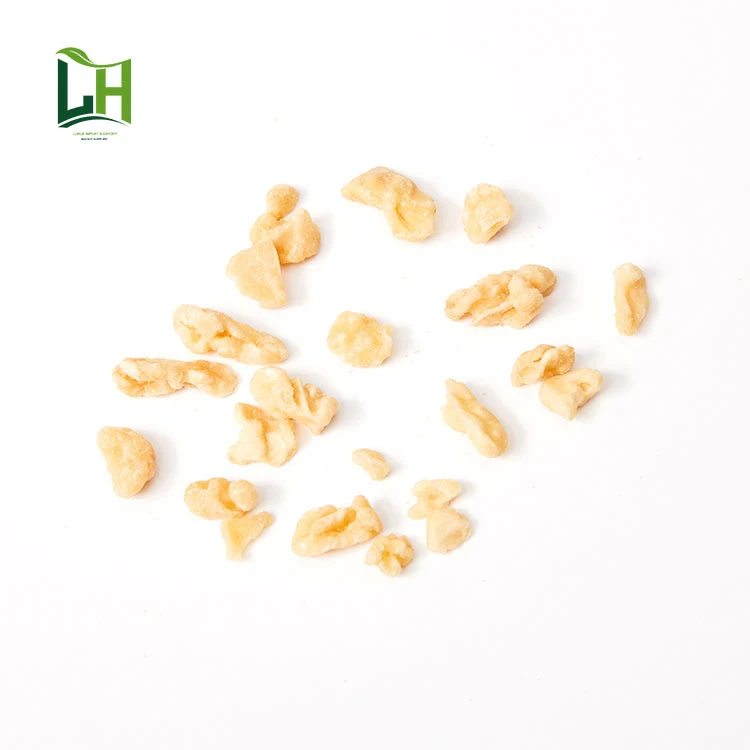
(walnut whole 1kg price)
FAQS on walnut whole 1kg price
Q: What is the current walnut whole 1kg price?
A: The current walnut whole 1kg price typically ranges from $8 to $15 depending on quality and origin. Prices may vary with retailer and season. It's best to check with specific sellers for the most accurate rates.Q: How does the whole walnut price compare to shelled walnut price?
A: Whole walnut price is generally lower per kilogram than shelled walnut price. This is because shelled walnuts require additional processing. Whole walnuts can also be stored for longer periods.Q: Where can I buy walnut whole 1kg at a competitive price?
A: You can purchase whole walnut 1kg packs from supermarkets, online marketplaces, and wholesale stores. Compare prices on platforms like Amazon and local grocery stores. Bulk purchases may offer better deals.Q: What are whole walnut shells used for?
A: Whole walnut shells are used in gardening, as abrasives, and for crafts. They are valued for their hardness and natural properties. Recycling them is an eco-friendly option.Q: Are there benefits to buying walnuts in shells versus shelled walnuts?
A: Yes, buying walnuts in shells helps preserve freshness and extend shelf life. They are less likely to go rancid than shelled walnuts. Whole walnuts may also offer better value per kilogram.Post time:Jul . 05, 2025 09:19
